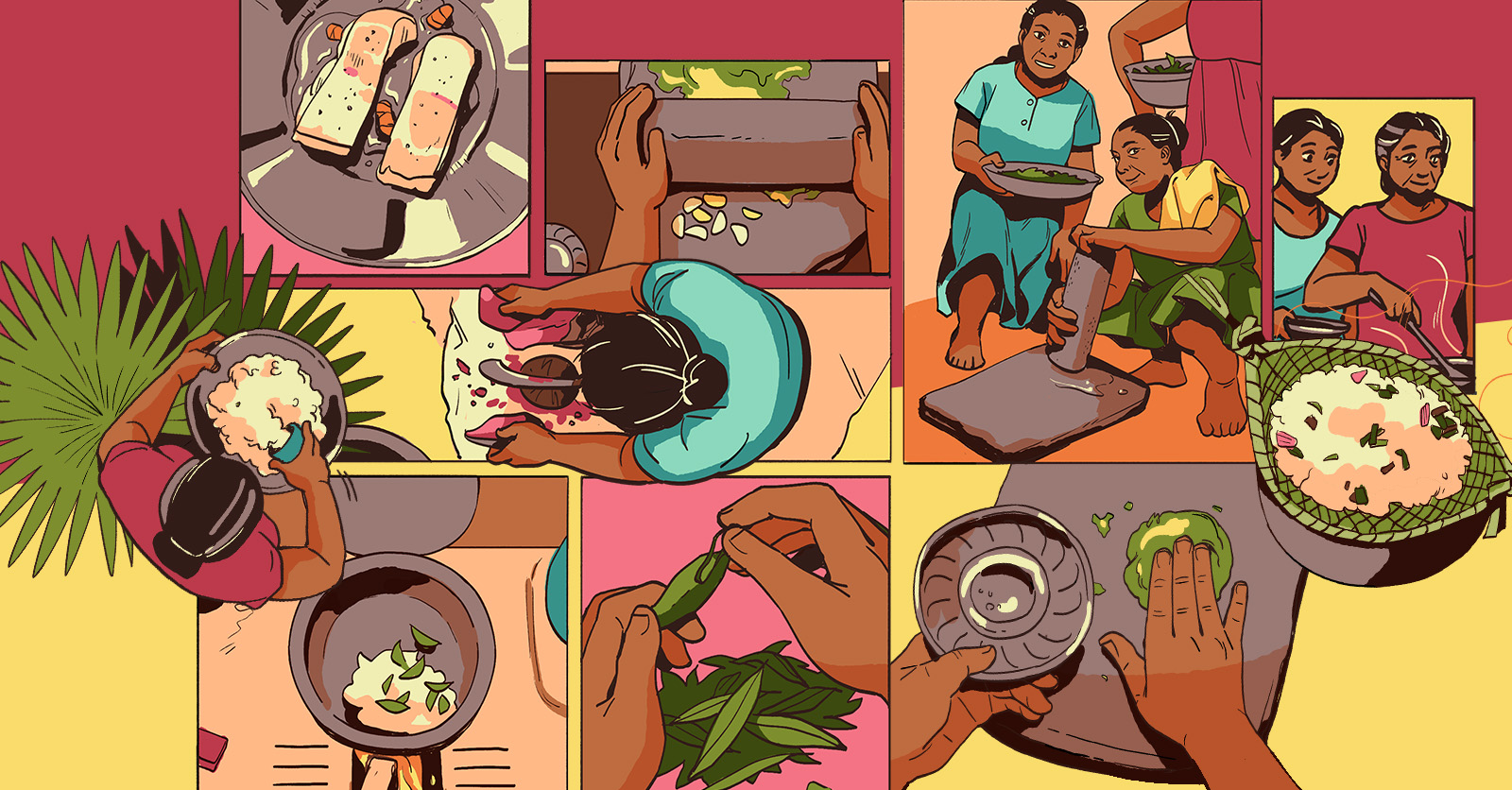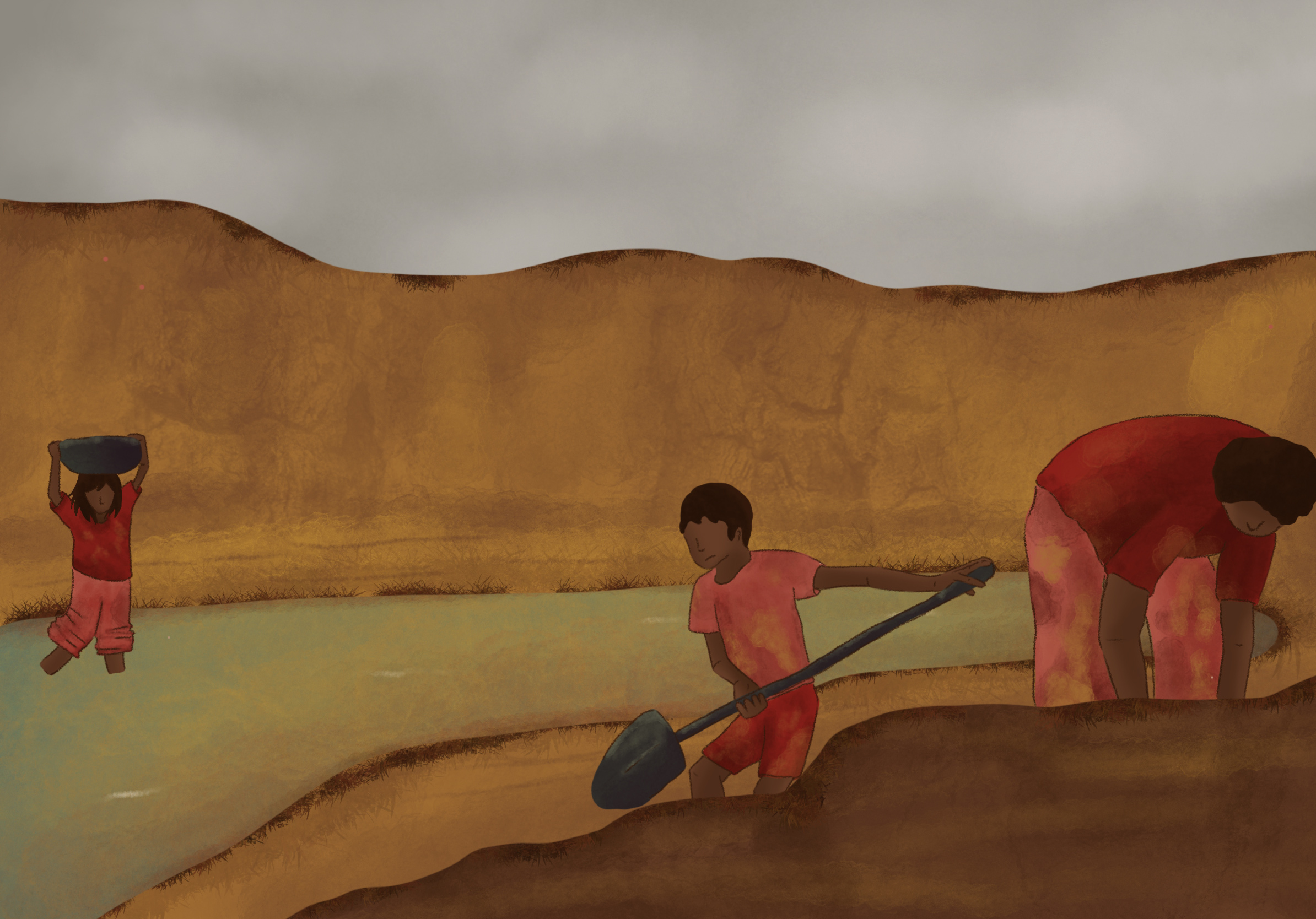
Trials of solidarity
What can we tell from the World Health Assembly’s COVID-19 statements?
by Isabella ChuaAll over the world, people have been expected to adjust to the “new normal”, suggesting that the world before COVID-19 is a bygone one. But as we dutifully comply with our nations’ guidelines, the question undoubtedly in all our minds is, “When will it end?”
The 73rd World Health Assembly (WHA), held from 18–19 May 2020, was convened to work towards the answer. The WHA is the decision-making body of the World Health Organisation (WHO), which has previously coordinated responses to—and helped contain—pandemics such as SARS, H1N1, and smallpox.
During the Assembly, health ministers from WHO member states were asked to share their nations’ strategies on combating COVID-19. A resolution was eventually passed, detailing a global roadmap to contain the outbreak.
It’s important to know what our leaders have planned during a crisis. But the WHA proceedings can be tediously dry, lasting a total of 16.5 hours, and the documents often never see the light of day.
We conducted a textual analysis of the statements released by health ministers in Asia to draw out their strategies and concerns, individual and collective.
COVID-19 has brought the world and the global economy to its knees, forcing leaders to take a hard look at their countries’ healthcare capabilities.
For WHO member states, this involves reaffirming their conviction towards existing WHO healthcare goals. We see this in the list of most-frequently-paired words by Asian health ministers.
Two points of the United Nations’ 2030 Agenda for Sustainable Development—Universal Health Coverage (UHC) and the “Whole-of-Government, Whole-of-Society” framework—were repeatedly brought up, suggesting a commitment by WHO member states to long-term healthcare restructuring.
Under the proposed UHC framework, all individuals and communities should have access to the full spectrum of health services without having to pay through the nose for them.
WHO members highlighted the migrant population was highlighted as a vulnerable group at risk of being left behind. Malaysia led by example by sharing how it conducted a targeted health screening approach of all migrant workers regardless of their citizenship status, while the Philippines urged the WHO to shine a spotlight on the Global Code of Practice on the Recruitment of Migrant Health Workers. This code was adopted by member states in 2010 to stem the brain drain of healthcare workers from developing countries to developed countries, an issue central to the Philippines. While known for its training and export of nurse labour, the Philippines is facing an estimated shortage of 23,000 nurses amidst the pandemic. As a solution, the government banned nurses without existing overseas contracts from leaving the country for work.
Member states likewise concurred on the importance of engaging with the Whole-of-Government and Whole-of-Society framework. The framework advises countries to integrate healthcare with all sectors of public policy and individual behaviour in order to improve overall population health.
Some countries provided examples of how they’ve incorporated this framework into their COVID-19 response. Bangladesh upped its community engagement, Cambodia enhanced communication on public health measures, and Qatar formed contingency plans with businesses to ensure normal operations.
Of the top positive and negative words said by health ministers, “solidarity” ranks highest—it was used as both an expression of unity and an endorsement of the WHO’s Solidarity Trial initiative.
The ongoing Solidarity Trial is searching for a treatment for COVID-19 in an accelerated time frame by enrolling patients from 35 countries and testing them with four drugs: remdesivir, lopinavir/ritonavir, hydroxychloroquine (discontinued), and interferon beta-1a. So far, none of the clinical trials has produced statistically significant results, but member-state participants Indonesia, Malaysia, the Philippines, and Georgia continued to express confidence in it.
While “risk” and “isolation” were used in a negative manner—such as “isolation amongst all stakeholders” and “pay the risk”—these words were mostly about COVID-19 pandemic strategies. In their national plans, member states prioritised risk communication, self-isolation, and the building of isolation facilities from the very beginning, with Kazakhstan explicitly crediting WHO for providing these technical guidelines.
But amidst this chorus of support for global solidarity, one voice stood out.
The Democratic People’s Republic of Korea (DPRK) called for the withdrawal of antihumanitarian sanctions and unilateral economic and trade restrictions imposed against it for nuclear testing. Rather than simply being contrarian, they co-opted the language of global solidarity for their own purposes. The DPRK challenged the WHO and its member states on their commitment to global solidarity as a response to the pandemic by calling on them to remove their sanctions and practice what they preach.
To gauge how positive or negative a country’s statement was, we used R to extract positive and negative words in each sentence to calculate a polarity score.
Like we’ve seen, member states were mostly cordial with one another. Part of this goodwill was attributed to the countries’ commendation of frontline healthcare workers and the WHO for convening the Assembly. Cambodia, which was “truly delighted and extremely honoured” to be invited, was the most positive among member states.
That’s not to say that member states with net negative scores were being ungrateful or uncooperative, however. These countries chose more combative words as they cast COVID-19 as an invisible enemy to be eradicated with force and resolution.
Among these negative statements, one stood out. China’s most negative one, in fact—as it surfaces a familiar pattern of geopolitical concerns darkening the mood of COVID-19 coordination. Health Minister of China Ma Xiaowei proclaimed, “I call on all parties to unite and support the leadership of WHO and resolutely oppose rumours, stigmatisation and discrimination.” Ma was referring to the sticky issue of Taiwan’s exclusion from the WHO, given their exemplary management of the pandemic thus far.
While most Asian countries did not mention Taiwan in their statements, a few vocalised their support or disapproval of Taiwan’s exclusion. Cambodia, the Maldives, Myanmar, and Pakistan declared their support for the One-China policy—which recognises China as the only legitimate sovereign amongst other contested territories such as Taiwan. Japan, a longtime ally of Taiwan’s, was the lone detractor among Asian countries, commenting that Taiwan’s exclusion leaves a geographical vacuum in the global health response.
In the subsequent “right of reply” segment, Minister Ma defended China’s position, calling the remarks on Taiwan “irresponsible” and "unwarranted accusations”. He reiterated that Taiwan’s participation must be undergirded by the One-China principle and that Taiwan has been able to obtain relevant information about the pandemic since the outbreak. With that, the Taiwan issue concluded, and it was not mentioned in the final resolution.
The conversation around Taiwan in the WHA reveals how states treat one another during times of crisis. Member states responded to the stress of COVID-19 in two ways when it came to sticky diplomatic issues: they either stood united or allowed existing tensions and fissures to rise to the surface.
To understand if China and the Democratic People’s Republic of Korea were the only outliers in an otherwise cohesive image of global solidarity around COVID-19, we looked at the most frequently used word pairs of each member state to gather their foremost concerns.
On the whole, the spirit of global solidarity did reign, with member states acknowledging the importance of having an “international community/committee”, and “regional cooperation”. The statements were also a testament to the work WHO has done as the arbiter of the international health order. Epidemiological terms such as “contact tracing” and “social distancing” are now part of our collective scientific knowledge and vocabulary, in large part thanks to its efforts.
Myanmar and Israel’s paired words deviate from these two broad patterns. Their top paired words—“China policy” and “Palestinian Authority”, respectively—singled out specific member states.
A long-time proponent of the One-China policy, Myanmar’s support for the policy doesn’t come as a surprise. Earlier this year, Myanmar issued a joint statement with China to declare that Taiwan, Tibet, and Xinjiang are inalienable parts of China.
On the other hand, Israel’s repeated mentioning of the Palestinian Authority was peculiar given the two polities’ longstanding strained relations. Israel’s Health Minister Yaajiv Litzman said that COVID-19 is “oblivious to borders” and cited how Israel has provided “consultations, training, guidance of Palestinian medical teams, and delivery of COVID-19-related PPE.”
Still, it is difficult not to interpret his statement as political posturing given some of Israel’s actions on the ground. Israel plans to annex the Jewish settlements and the Jordan Valley in the West Bank on 1 July 2020, in blatant violation of the Fourth Geneva Convention amidst the worst pandemic in recent history. Already, Palestine’s pandemic response has been hampered by an emboldened Israel—Israel closed a testing clinic in the Silwan area of Jerusalem in April, and its forces have continued to target Palestine’s water and hygiene structures.
Health Minister of Palestine Dr. Mai al-Kaila said in her WHO statement that Palestine is suffering under the Occupation, beseeching WHO and its member states for healthcare support. But, as was the case with Taiwan, there was no mention of WHO’s response to Palestine in its final resolution.
With all the formality and positioning of various member states, it’s easy to lose the signal in the noise in forums such as the WHA. The analysis of large amounts of data allows us to identify where countries come to agreement or deviate from it. As citizens of these member states, we can use data to become better informed of the gaps in our countries’ pandemic response, and it is more necessary than ever to hold our leaders accountable during these trying times.
COVID-19 has been described as unprecedented in many ways. Whether the scale of this threat will spur change in the WHO—historically an arena for politicking despite its commitment to global solidarity—will become clear from its member states’ pandemic responses in the days ahead.









